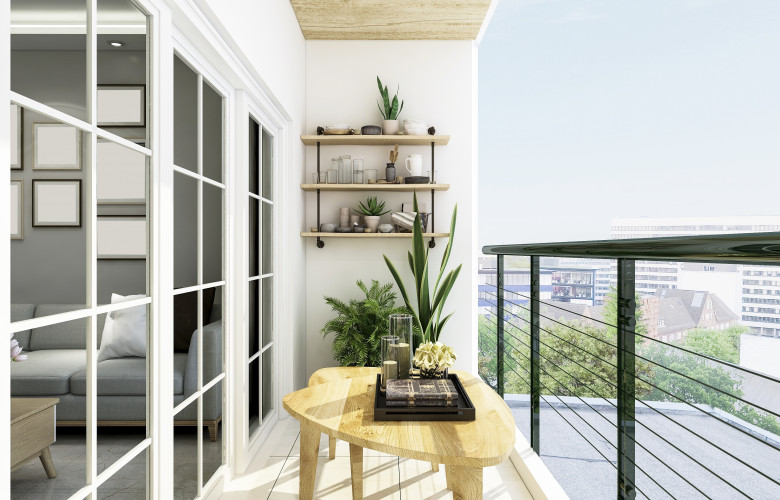Is early in the New Year a good time to buy an investment property? - BMT
Contact
Is early in the New Year a good time to buy an investment property? - BMT
The New Year is when people set themselves a resolution or two. Is one of your goals to build an investment property portfolio? If so, you may be wondering if January is a good time to buy.
The New Year is when people set themselves a resolution or two. Is one of your goals to build an investment property portfolio? If so, you may be wondering if January is a good time to buy.
The reality is that there is no right answer to this question.
Instead of asking whether the New Year marks a good time to buy, you should consider the following factors in your purchasing decision.
1. Financial position
It goes without saying, buying a property is a significant financial decision. Not only do you need to consider the upfront cost, but the required cashflow is just as important to prepare for.
Although an investment property gives investors the benefit of being able to claim some of these expenses as tax deductions, not all are tax deductible For example, one of the most expensive costs, principal repayments, is not tax decuctible.is
2. Macroeconomic factors
Take a deep dive into what the property market is doing and how investor lending requirements are changing.
While there is no crystal ball for these, there are indicators of what the market is doing in the area you are looking to buy including property price growth, rental vacancy rates and the tenant demand.
3. The property type and location
Property types have direct links to investment performance. In some areas units outperform houses and vice versa. This ties into macroeconomic factors and what tenants in the area are currently looking for. Given that property is a long-term investment decision, it’s just as important to consider how the property type demand changes, that is, if it does at all.
4. How an investment will impact your cash flow
Property investments have both financial outgoings and ingoings. The rental income you receive is a consistent way to make money from the investment, while you need to keep on top of the funds that need to be spent.
This is when its important to have a conversation with your accountant when you’re considering buying an investment. They will be able to lay out just how the purchase will impact your cash flow, including deductions you can claim from the property, like depreciation.
Property depreciation is the natural wear and tear of property and assets over time. You will be able to claim any available depreciation from your investment property as a tax deduction each financial year. Claiming depreciation will make a significant difference to your cash flow as it’s a non-cash deduction, meaning you don’t need to spend money to claim it as it’s a natural process.
If you’re ready to buy an investment property, BMT Tax Depreciation can provide an obligation-free depreciation estimate of any property you are looking to purchase. Simply Request a Quote or call the team on 1300 728 726.
The views expressed in this article are an opinion only and readers should rely on their independent advice in relation to such matters.
Read more from BMT Tax Depreciation:
Top 4 things tenants want in a rental - BMT
Maximising cash flow from Spring clean and maintenance costs - BMT





